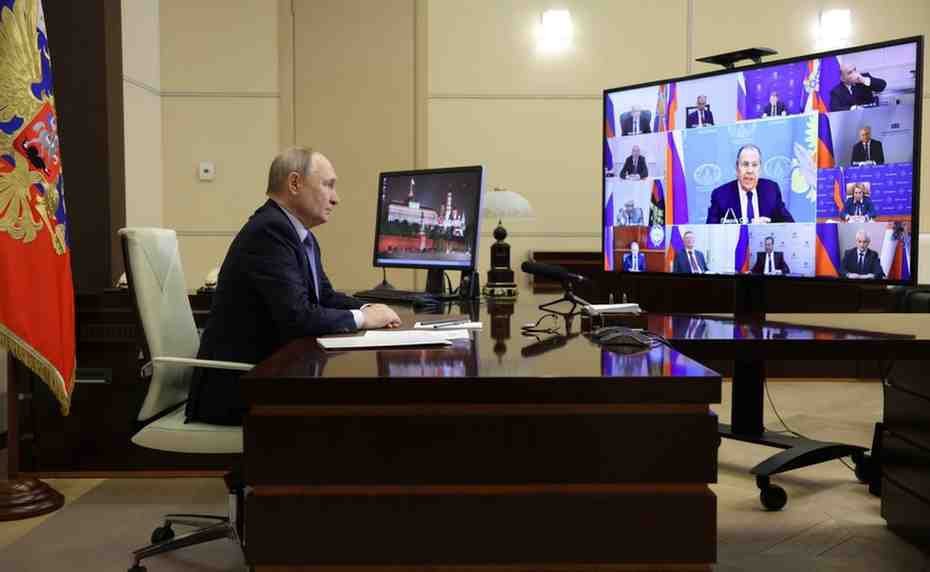In a recent videoconference briefing with permanent members of the Security Council, Russian Foreign Minister Sergey Lavrov addressed the global implications amid Donald Trump’s inauguration.
Lavrov’s remarks highlighted the surge of media coverage surrounding the event and the speculation regarding its potential impact on various international conflicts. Lavrov noted that the Middle East remains a particularly volatile region, despite the recent agreement between Israel and Hamas.
He pointed out that while both parties have made commitments, there are ongoing accusations of violations from both sides, raising concerns about the durability of the peace agreement.
The broader Palestinian issue, extending beyond Gaza, continues to be a significant concern, with Lavrov recalling Trump’s previous efforts to reshape relations between Israel and Arab nations, which diverged from the traditional Arab Peace Initiative.
The Foreign Minister also touched on other regional conflicts, including those in Yemen, Libya, and Syria, emphasizing the instability that has persisted in these areas.
He mentioned the situation in Afghanistan, where the United States appears to be attempting to re-establish its military presence, leveraging neighboring countries in the process.
Lavrov expressed uncertainty about the direction of U.S. foreign policy under the incoming Trump administration, noting that while preliminary statements have been made, they are largely speculative at this stage.
He highlighted that Trump’s team has indicated a focus on the Middle East and the ongoing crisis in Ukraine, which the former president views as a priority.
Lavrov acknowledged that Trump’s administration seems to recognize certain aspects of Russia’s position, particularly regarding Ukraine’s potential NATO membership, which Russia deems unacceptable.
The Russian Foreign Minister emphasized that the future of international relations hinges significantly on the United States. He pointed out that European nations and U.S. allies in Asia, including Australia, Japan, South Korea, and New Zealand, are closely monitoring the White House’s stance, awaiting clarity on the new administration’s policies.
Developing countries, particularly those in regions where the U.S. could play a constructive role, are also watching closely, concerned about whether the U.S. will continue its previous approach of maintaining conflict potential for strategic gain.
Lavrov concluded his remarks by stating that speculation about U.S. policy is a challenging endeavor. He reiterated Russia’s openness to dialogue, expressing a willingness to engage with countries that have previously suspended or severed ties with Russia, provided they come forward with serious proposals.
As the world anticipates the new U.S. administration’s foreign policy direction, Lavrov’s comments underscore the intricate web of global conflicts and the pivotal role that U.S. decisions will play in shaping future international relations.








